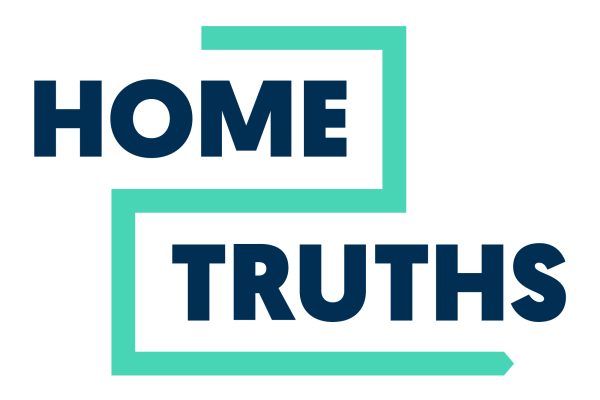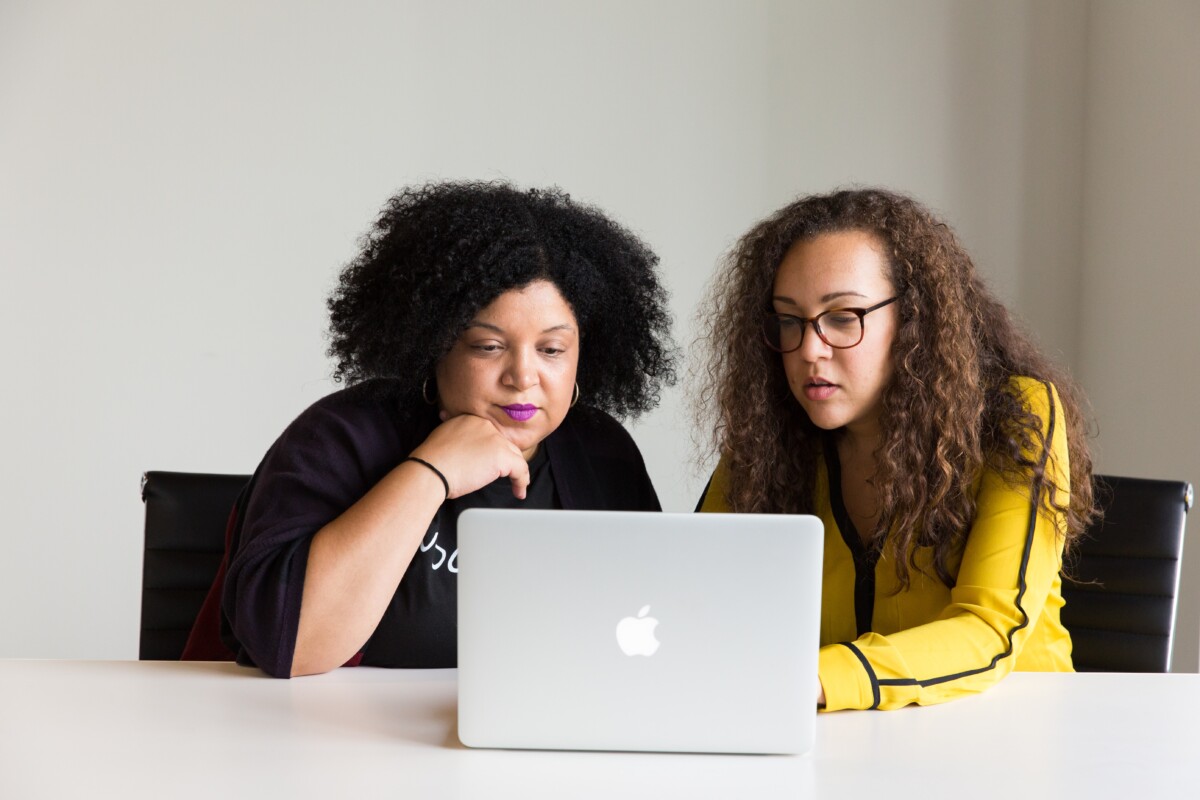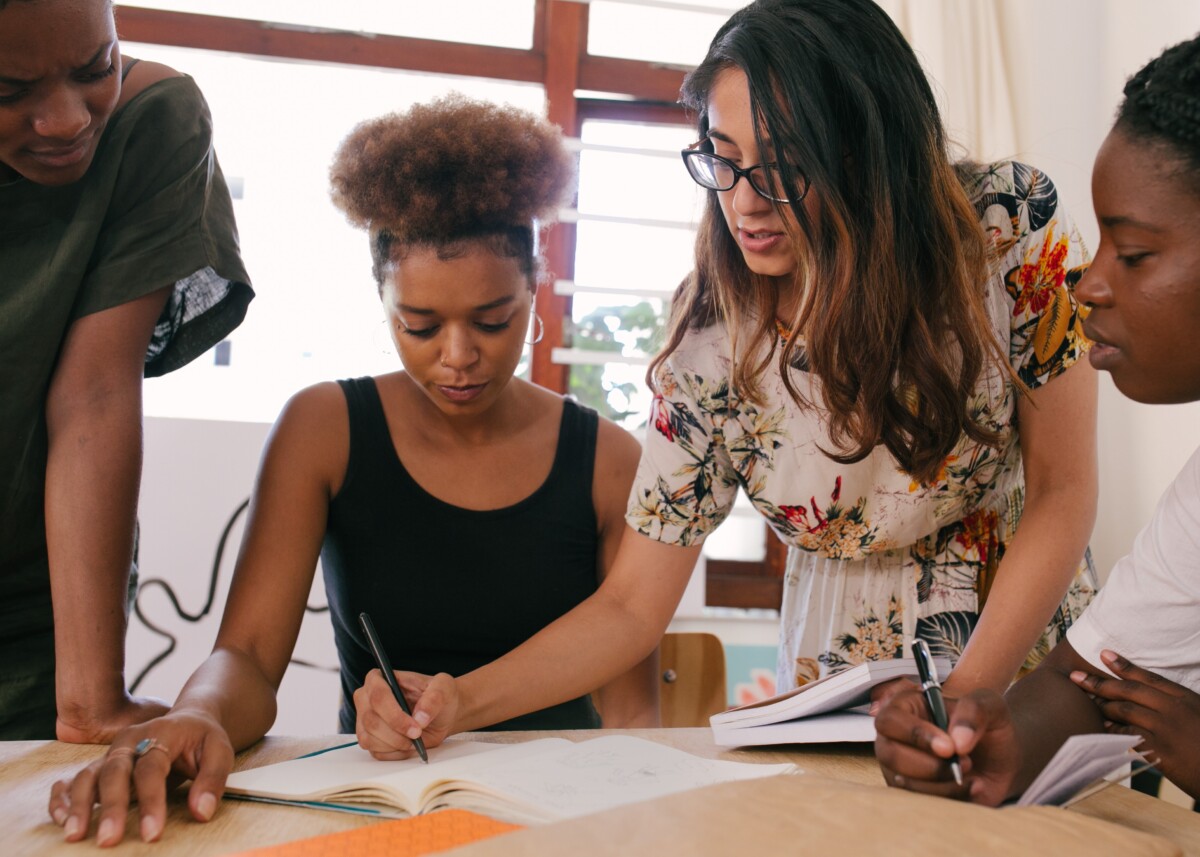CSOs still failing to take action on racism, report finds

Little has changed in recent years for Black and Minoritised Ethnic people in mainstream civil society, with more organisations inactive on anti-racism and race equity than are active, a new report has found.
Warm Words, Cold Comfort: UK civil society’s ongoing racism problem was released today (4 December) by ACEVO and Voice4Change England, and is authored by Dr. Sanjiv Lingayah, co-creator of the Home Truths 2 programme.
Informed by a survey of over 130 Black and Minoritised Ethnic people working in mainstream civil society, it is the first major output of the Home Truths 2 programme, which is designed to challenge and support mainstream UK civil society to take serious practical action on anti-racism and race equity. The report will be used to guide the programme’s work.
Advertisement
It shows that while organisations are signalling that they are against racism, they are not taking the associated practical steps to change experiences.
Key findings
The research found that the majority of respondents – 77% – had experienced or witnessed racism within civil society in the last five years, with 73% agreeing that mainstream civil society has a racism problem.
68% of respondents said they have felt the need to ‘tone down’ their behaviour or to be on their ‘best behaviour’ in order to fit into mainstream civil society.
And more than half – 59% – said they doubt the commitment of civil society leaders to combat racism effectively.
The most frequently mentioned form of racism was ignorant and insensitive questioning about culture or religion, followed by being treated as an intellectual inferior and being harshly scrutinised by colleagues, including being given unfair performance assessments.
The report says:
“It is noteworthy that respondents most often named senior staff, including directors and managers, as the group who have played a significant role in acts of racism they have experienced, rather than more junior staff.”
It also says:
“The proportion of organisations not acting is (sometimes much) greater than the proportion that are”, and that “In some cases organisations appear affronted by reports of racism and choose ‘fight, flight or freeze’ responses instead of facing claims in an open way.”
‘Nothing much seems to change’ – conclusion
The report concludes that:
“The evidence, in the main, makes it hard to argue with the contributor who said: Behind all the talk and rhetoric, nothing much seems to change.
“What is more, the survey throws up a concern that attention to antiracism will soon dissipate. Forty-three per cent of respondents feel that interest in anti-racism/race equity will fade in their organisation, compared with only 28% who disagree with this idea. For those long involved in race equity and racial justice issues, the ebb and flow of wider engagement is all too familiar.”
However, it also notes that there is hope, with 46% of contributors feeling that anti-racism/race equity is taken seriously in their organisation, and 65% of survey contributors hopeful that progress will be made on anti-racism/race equity in their organisation. It adds though that whether this hope is well founded “will largely depend on the courage and commitment of mainstream civil society leaders and organisations to undertake the hard emotional and practical labour that of moving towards anti-racism and race equity.”
Support for senior leaders
The report kicks off a programme of wider activities for The Home Truths 2 over the next 18 months. The “Further, Faster” programme designed to support Chief Executives and senior leaders already active in anti-racism and race equity practice within their organisations to make rapid and meaningful progress, will open for applications in the new year. People can register their interest to be kept informed.
Jane Ide, Chief Executive of ACEVO, said:
“This report clearly demonstrates that warm words and positive intents have not so far been reflected in consistent tangible action across civil society and by its leaders.
“It’s a clarion call urging us to push boundaries, be brave and dismantle the status quo. Together, we have the power to shape an inclusive, equitable future by driving meaningful change through anti-racism and race equity. We all have a job of work to do, I am pleased that ACEVO is hosting the Home Truths 2 programme to support our leaders take practical steps in doing just that.”
Kunle Olulode MBE, director of Voice for Change England, added:
“Home Truths 2 challenges us to seek solutions now and reaffirms our belief that progress is not a distant dream but a real possibility. It is time for mainstream civil society leaders and organisations to not only increase partnership with black and minority ethnic civil society but also value the resource adequately to move beyond warm words towards transformative action against racism.”
Dr Sanjiv Lingayah said:
“The testimonies of survey respondents show the ongoing and harmful problem of racism in mainstream UK civil society. While civil society organisations have positioned themselves against the idea of racism too few take necessary action against it, such as publicly reporting ethnicity pay gap and plans to address these. Words and realities are at odds.”






